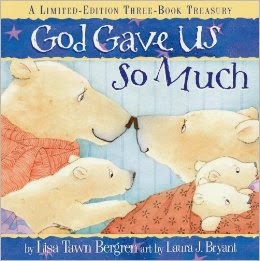A Unique View of Christian Persecution from 1993 to 2013: A Review of The Global War on Christians
What is different about Allen’s work is quite compelling. He differentiates the political “war on Christians” from the worldwide phenomenon he calls “the global war on Christians.” Persecution is defined by the author, not in the typical, logical sense but in a more comprehensive and perhaps somewhat more controversial sense. Unlike other works, Allen dives into the historical and political backgrounds to the persecution in each region and country profiled.
Bucking the trend of other works on persecution, Allen also addresses myths or misconceptions about persecution. These include the notion that Christians have to be in the minority to be persecuted, that persecution is both random and unpredictable, that all martyrs are victims of Islamic radicals. The author presents his views as to why these misconceptions are so popular.
One final deviation in the typical volume on persecution is that the author asks and seeks to answer the “What can we do?” question. A set of suggestions, as he puts it, are placed on the table. I’ll let you read the book to find out what they are. Otherwise, this review would not function as such but as cliff notes.
My assessment of The Global War on Christians is that it is an excellent choice for those concerned about the issue of Christian persecution. I can say this because it offers everything the other works offer plus a historical and political backdrop, a unique yet compelling definition of persecution and some suggestions as to how to help when you are on the outside looking in wondering what you can do. My only negative comment is that he includes killings/persecution surrounding activities under what is known as social justice or liberation theology.
Note to my fellow Protestants: John Allen is a Catholic. However, one of the reasons that I chose this book to review was curiosity as to how a Catholic leader would handle the subject of persecution. Would he solely or primarily depend on Catholic sources of information or be more broad? As to his citations of incidences of persecution, would they sufficiently address the persecution of Protestants too? My conclusion is that his work covers persecution in such a way that there is no cause for alarm or discomfort. As you read in the above review, my only concern comes from the portions that have to do with social justice and liberation theology.
I received this book for free from Blogging for Books for this review. The thoughts and opinions of this review are my own.



Comments
Post a Comment